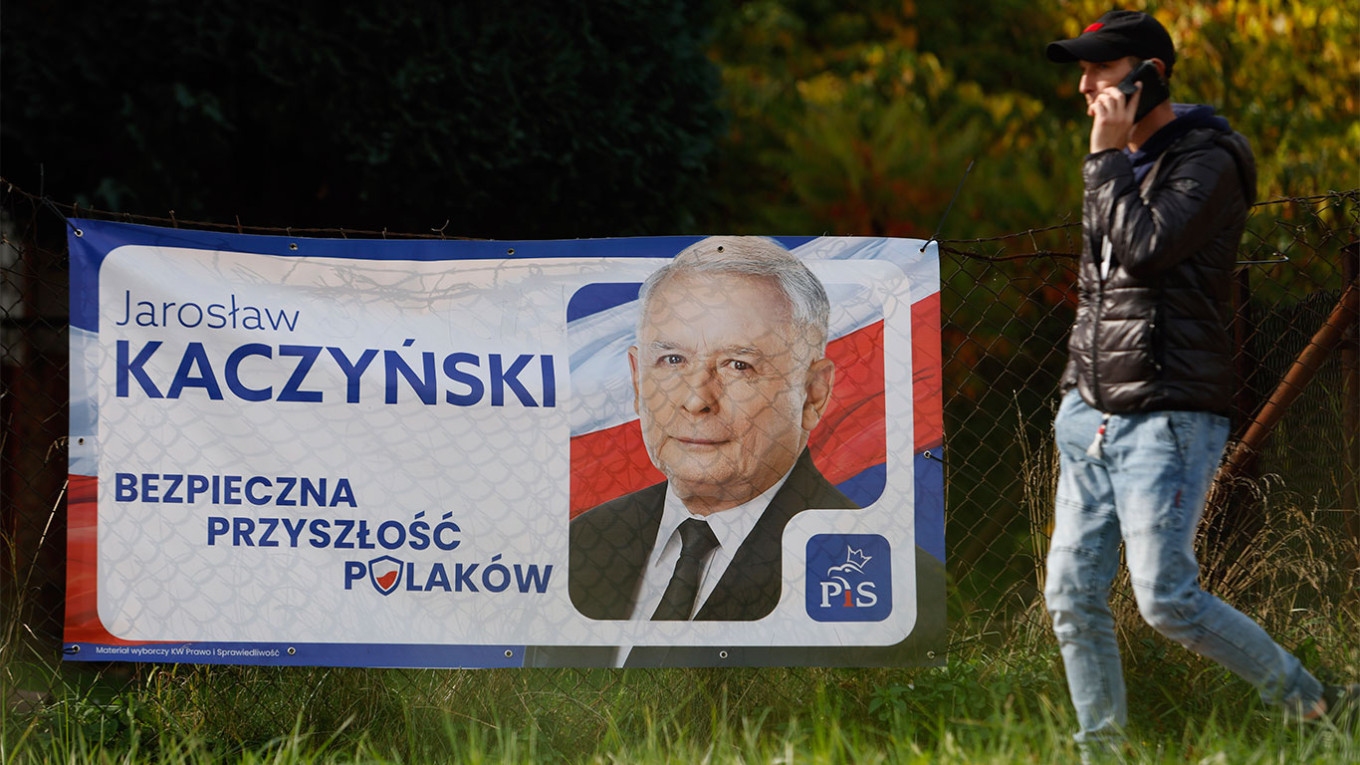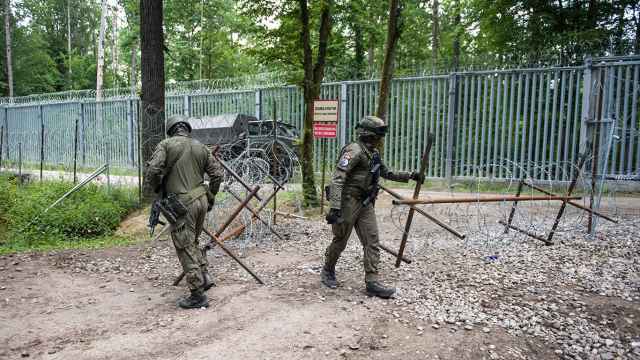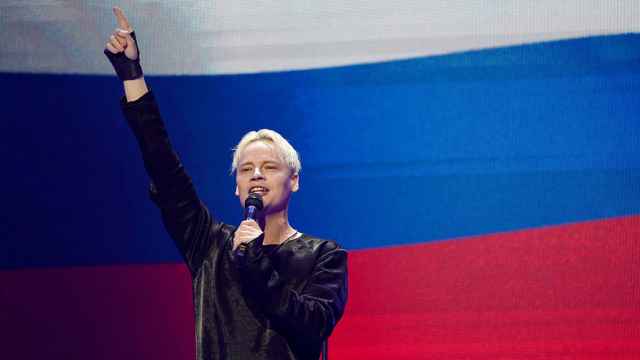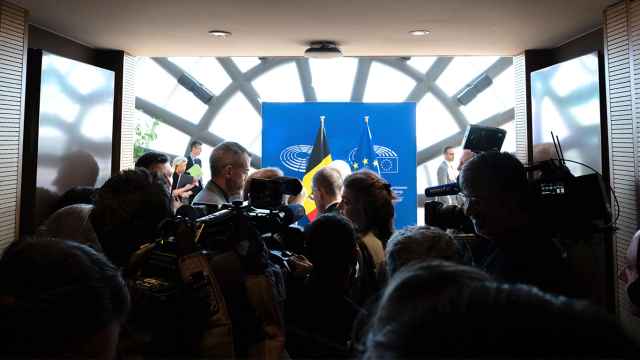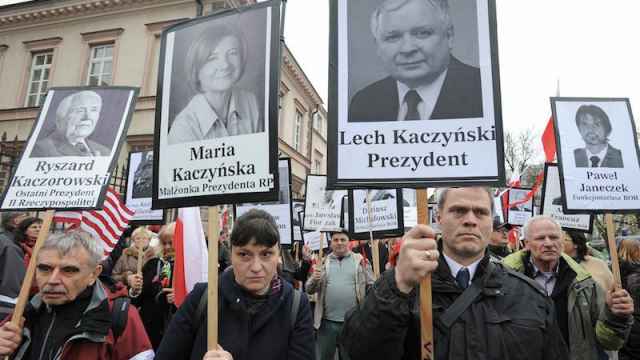Despite Poland being a member of the European Union and NATO, the outcome of the country's parliamentary elections on Oct. 15 is a cause for concern among the West. In danger of losing power, Deputy Prime Minister Jaroslaw Kaczynski may begin to lean into conservative and isolationist sentiments. This not only jeopardizes democracy in Poland, but also the EU's struggle against Russia and its aggression against Ukraine.
The opposition led by former Prime Minister Donald Tusk claims these elections are crucial for the future of Polish democracy. Kaczynski’s ruling Law and Justice Party (PiS) hopes to achieve a landslide victory in the upcoming elections. The ruling United Right Coalition, led by PiS, has been a regular target of criticism from both the Polish opposition and EU, as it has pushed forward laws restricting abortion, laid obstacles in the way of migrants and refugees and attacked the independence of the courts.
Polling data released in the lead up to this month’s elections reveals growing polarization in Poland’s politics. Since the last election, support for the ruling party has fallen from 43% to 36%. Meanwhile, support for the Tusk’s Civil Coalition stands at 30%.
Amid this struggle between Tusk and Kaczynski, Poles are increasingly looking for new faces capable of leading the country out of its political crisis and soaring inflation caused by high food and energy prices. Polls show as many as one in 10 voters could turn to the far-right Konfederacja party, which openly preaches antisemitism.
With the polls so close, there is a real possibility that neither party will be able to form a majority in parliament, thus necessitating the formation of a coalition where Konfederacja could be the kingmaker. Experts believe an alliance between this party and the United Right is the most realistic outcome. In this case, life in Poland would become harder for the LGBT community, migrants and other vulnerable groups as the country continues down its repressive path.
Another outcome could be an alliance between Tusk’s Civic Coalition and a party from the left. However many of them don’t share Tusk’s belief in integration with the European Union.
Sensing a threat to his chances of victory, Kaczynski called Tusk the “personification of pure evil” and called for the opposition to be “morally exterminated.” He accused Tusk of having greater loyalty to Brussels, not Poland, and therefore a traitor to the country.
Amid the war in Ukraine, the government introduced a law that requires the authorities to examine every Polish politician for suspected ties with Russia. The law immediately caused concern in Brussels and Washington and among the opposition, as the investigative commission consists mainly of members of the ruling party. So far, the EU has not taken any action to punish Warsaw. But if they do, Polish authorities have not listened to their Western colleagues for a long time.
Russia's influence in Poland evaporated after it invaded Ukraine. That is why Ukrainian President Volodymyr Zelensky’s accusation that Poland, especially through the ban on imports of Ukrainian grain, is playing into the hands of Moscow especially angered Warsaw. Slovakia and Hungary introduced similar bans in efforts to shore up support from farmers. While Tusk's party has pledged to adhere to European values such as the rule of law, Kaczynski is following the path of his Slovak colleague Robert Fico, who managed to win the elections thanks to such an agenda.
If Kaczynski is able to form a government, then in the future Europe will face an obstructionist authoritarian bloc consisting of Hungary, Slovakia and Poland, eager to block any EU proposal for their own benefit. This will inevitably reduce Europe’s ability to maintain a united front against Russia.
The reality of such a political union is already evident. At a summit in Granada, Spain on Oct. 6, Poland and Hungary blocked a joint declaration of the EU’s approach to illegal migration. Given the victory of Robert Fico's nationalist party in Slovakia, such a group of authoritarian countries is capable of blackmailing the EU whenever they want.
Hungarian Prime Minister Viktor Orban seems to have already achieved his goal. Earlier, due to his dictatorial habits and Hungary’s democratic backsliding, the European Union froze 22 billion euros ($23.1 billion) of funding allocated to the country. However, there are discussions about unfreezing 13 billion euros in order to persuade Orban to lift Hungary’s vetoes.
Meanwhile, Fico has already announced that Slovakia will stop providing military assistance to Ukraine. Slovakia and Hungary are the only EU member states that continue to buy Russian gas directly. It is unlikely that Warsaw will strike a similar deal with Russia. But if the right-wing conservatives win the election it may deepen the divisions within the European Union. That would definitely play into the hands of the Kremlin.
If Poland starts to be stubborn with the supply of weapons to Zelensky, as with the grain issue, the friendship between the two countries is not as strong as it seemed. So far, it is only clear that Poland will come out of these elections a different country. All Europe and Ukraine can do is hold their breath.
A Message from The Moscow Times:
Dear readers,
We are facing unprecedented challenges. Russia's Prosecutor General's Office has designated The Moscow Times as an "undesirable" organization, criminalizing our work and putting our staff at risk of prosecution. This follows our earlier unjust labeling as a "foreign agent."
These actions are direct attempts to silence independent journalism in Russia. The authorities claim our work "discredits the decisions of the Russian leadership." We see things differently: we strive to provide accurate, unbiased reporting on Russia.
We, the journalists of The Moscow Times, refuse to be silenced. But to continue our work, we need your help.
Your support, no matter how small, makes a world of difference. If you can, please support us monthly starting from just $2. It's quick to set up, and every contribution makes a significant impact.
By supporting The Moscow Times, you're defending open, independent journalism in the face of repression. Thank you for standing with us.
Remind me later.


